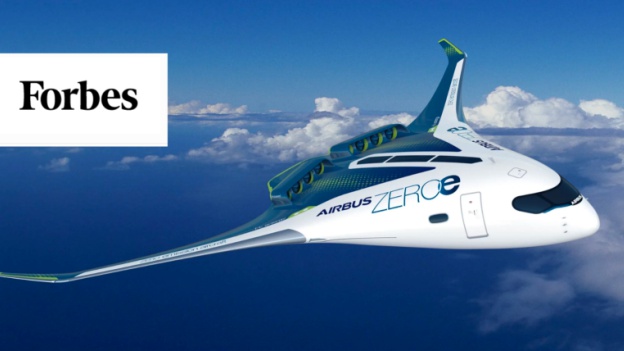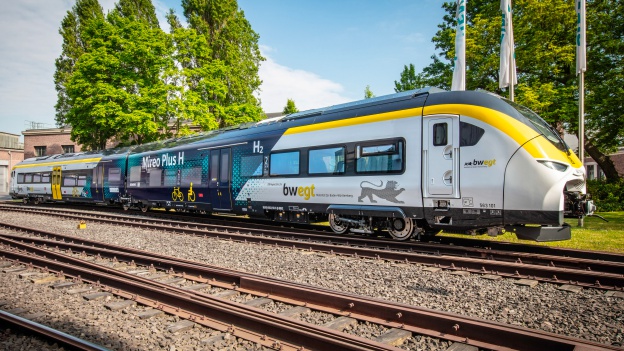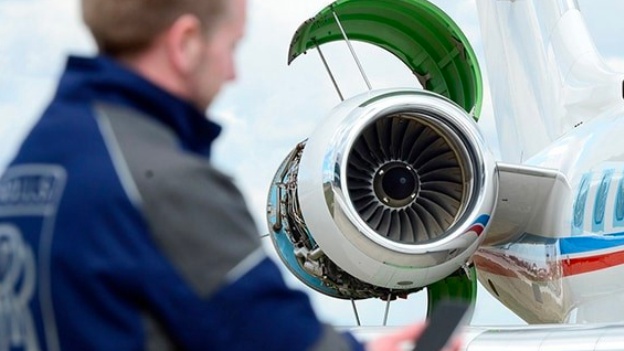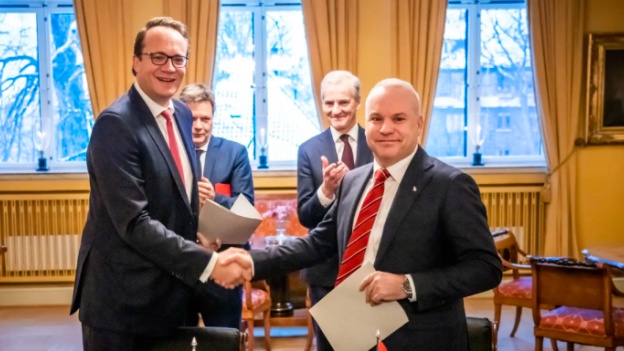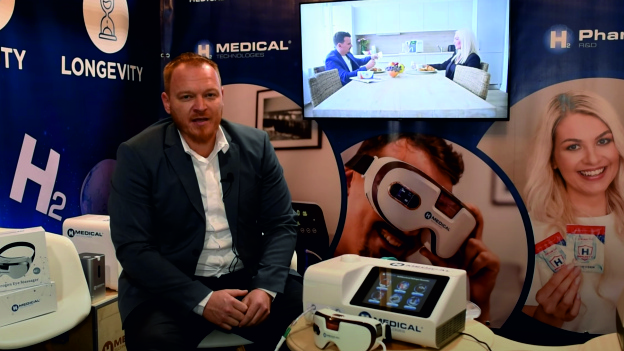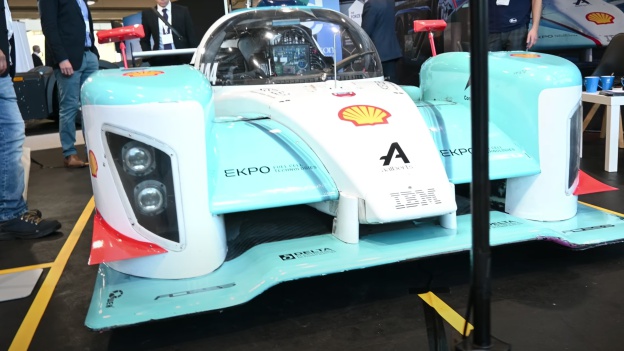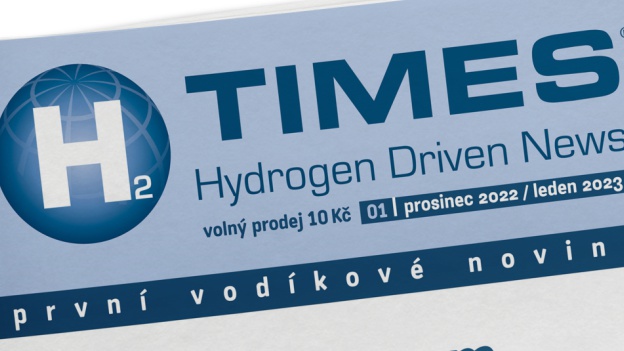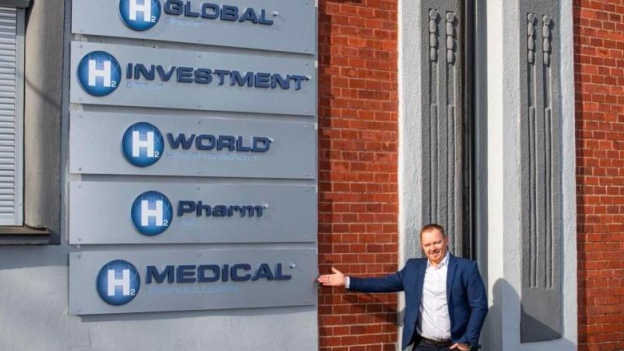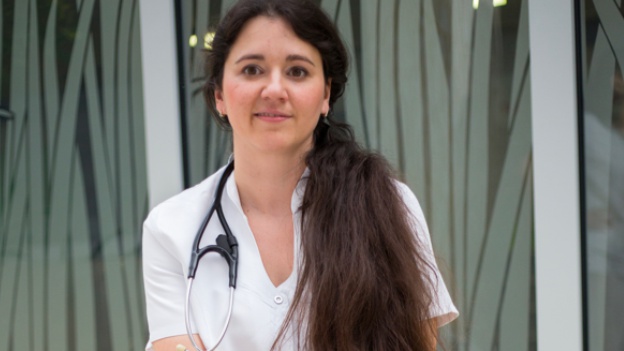FORBES:
Five billion for scientists in Brno. Honeywell wins global hydrogen aircraft project
The future of world aviation is in hydrogen propulsion. And what's more, it's in the Moravian capital. At least the European Union and a consortium led by Honeywell believe so, having launched projects worth almost 200 million euros (CZK 4.8 billion) at the Brno research centre.
The goal of the two major projects, for which Honeywell will bring fifty top engineers and scientists from around the world to Brno, is greener air transport. Under the umbrella of the EU's Clean Aviation programme, the scientists will work on two major projects to reduce the carbon footprint of the aviation industry.
The NEWBORN project will research and develop a new generation of hydrogen fuel cells for efficient aviation. Their goal is to develop a megawatt hydrogen-powered aviation propulsion system whose only emission after combustion will be pure water vapour. The research involves collaboration between eighteen partners from ten European countries.
The second challenge facing the consortium of Honeywell and other partners is the development of thermal management components and architecture for hybrid electric aircraft roughly comparable in size to the Boeing 737 or smaller regional jets.
This research project, codenamed TheMa4HERA, is a collaboration of twenty-four different universities, research centres, aircraft and component manufacturers from a total of ten European countries.
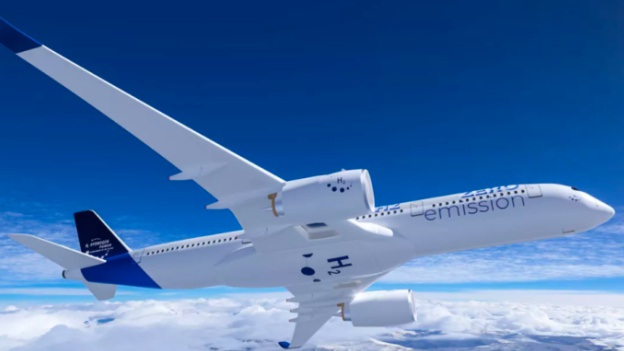
They are to assess different heat management technologies, compare them and adapt them to next-generation aircraft. Indeed, thermal management will become more complex when aircraft manufacturers introduce electric and hybrid-electric aircraft with heat-generating components - fuel cells, batteries and powerful electronics.
"Due to the radical change in the entire aircraft concept in connection with the transition to low- and zero-emission propulsion, a complete redesign of aircraft temperature management and pressurisation systems is required," says Jan Ludvík, who is Engineering Director at Honeywell Technology Solutions in Brno.
Researchers will therefore have to develop and test advanced systems to ensure the correct temperature, humidity and air pressure for passengers so that everything is compatible with the radically different power systems of the new aircraft.
The ambition of both projects is to commercialise their results by the end of the decade. "Partial outputs will find application earlier," says Ludvík. He explains that both projects are developing radically new technologies. "It's the same kind of evolution as the transition from propeller aircraft to jet engines."
Thanks to the two projects, Honeywell in Brno will strengthen its position at the global forefront of development centres working on the most advanced new technologies in aviation.
The European public and private sector investment, which together will total €200 million, will fund the expansion of unique laboratories and material costs for prototypes of the breakthrough technologies being tested, in addition to funding a world-class team.
All this is linked to the EU's innovative Clean Aviation programme, which has selected twenty pioneering projects in the field of sustainable air transport in its first call. The fact that two of them will lead research and development from the Moravian capital is a significant achievement.
"With the launch of NEWBORN and TheMa4HERA, we can kick-start a fundamental change in aircraft performance and meet the ambitions of the European Green Deal for carbon-neutral aviation," adds Axel Krein, CEO of Clean Aviation.
"The implementation of these projects strengthens our investments in the Czech Republic and accelerates the pace of innovation that will increase aircraft efficiency and reduce fuel consumption and emissions," explains Michal Závišek, CEO of Honeywell Technology Solutions CR. This will move aviation into a whole new, greener era, he says.
Honeywell has already started recruiting fifty scientists and top engineers from around the world and will be recruiting throughout this year. "These include aerospace systems engineers, scientists and engineers specialising in fuel cells, powertrain management experts, electrical engineers and many other specialisms," says technology chief Ludvík.
"We offer professionals a unique opportunity. The technologies they develop in the Czech Republic will contribute to the future of sustainable aviation through decarbonisation and will have a direct impact on the aviation industry as we know it today," he adds.
Honeywell Technology Solutions Czech Republic is a Technology Centre that holds more than a hundred patents and is largely focused on supporting the European Union's space programmes. It works on projects such as the European Space Agency's Proba-3 mission, or new areas of aviation including urban air mobility and electric aircraft.
Brno also conducts other research and development in the field, such as navigation and cockpit solutions, fly-by-wire systems, communication data links and radar systems for aircraft. Honeywell employs more than 2,000 engineers and scientists in the Czech Republic, in addition to Brno and in Prague and at the aircraft engine factory near Olomouc.
Article here: www.forbes.cz/pet-miliard-pro-vedce-v-brne-honeywell-ziskal-svetovy-projekt-na-vodikova-letadla/
Pictures: Airbus and Honeywell












